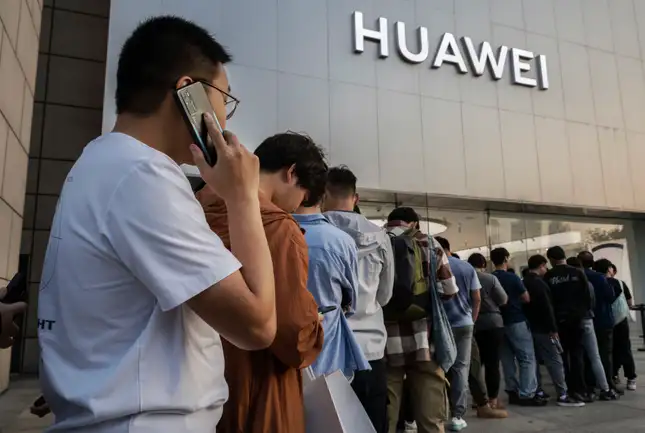Taiwan has added China’s Huawei Technologies and Semiconductor Manufacturing International Corp (SMIC) to its export control list, placing them alongside sanctioned organizations such as the Taliban and al Qaeda. This move means Taiwanese companies must now obtain government approval before exporting any products to the two Chinese tech giants.
Both Huawei and SMIC are central to China’s ambitions in chip development and artificial intelligence. Their inclusion in Taiwan’s strategic high-tech commodities entity list, updated on June 10, reflects increasing scrutiny of Chinese firms amid global security and trade tensions.
According to the Ministry of Economic Affairs’ trade administration, the additions were made “based on the prevention of arms proliferation and other national security considerations.” The update includes 601 entities from nations such as China, Russia, Pakistan, Iran, and Myanmar.
The Taiwanese government has emphasized that manufacturers must comply with export regulations, perform due diligence, and carefully evaluate risks associated with any transactions involving these entities.
Taiwan is home to TSMC, the world’s largest contract chipmaker and a key supplier to U.S. tech firms like Nvidia. Huawei and SMIC have been striving to bridge the technological gap with Taiwan, particularly in the semiconductor sector. However, both companies are under intense restrictions. Huawei is already blacklisted by the U.S. Commerce Department, barring it from access to U.S. technologies and foreign products containing U.S. components.
Last year, Canadian tech firm TechInsights identified a TSMC-manufactured chip in Huawei’s 910B AI processor. This prompted TSMC to suspend shipments to Chinese chip designer Sophgo, and the U.S. Commerce Department later ordered a broader halt on chip exports to China.
Taiwan has vowed to counter China’s alleged attempts to poach technology and skilled personnel from the island. SMIC, China’s largest chipmaker, continues to invest heavily in expanding its capabilities, amid ongoing pressure from U.S. export controls aimed at curbing China’s semiconductor advancement.
Swifteradio.com


